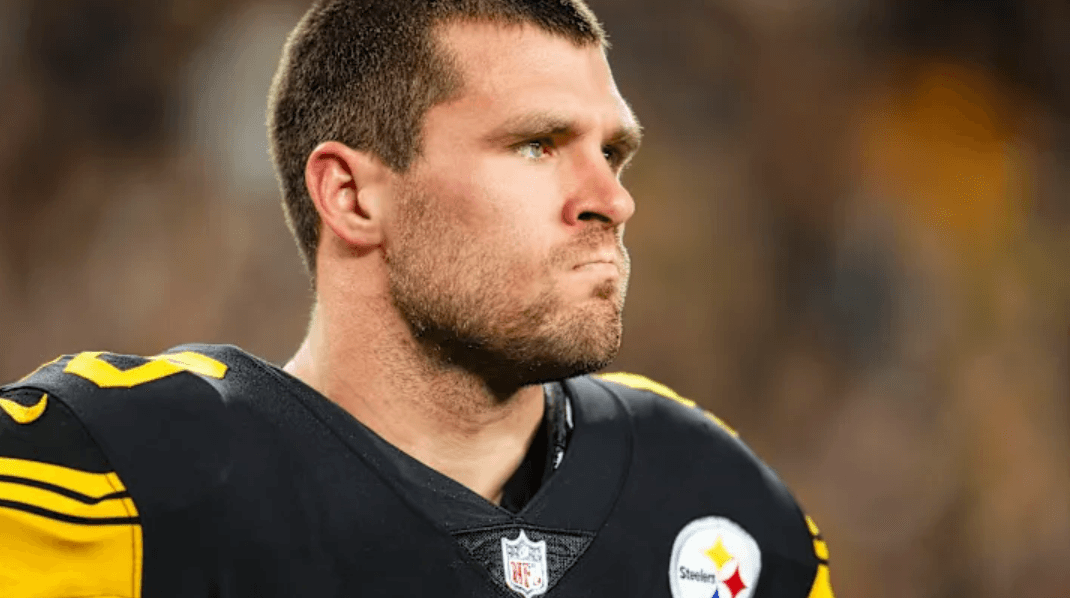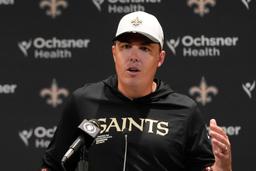Cowboys Land T.J. Watt in Blockbuster Trade with Steelers
In a stunning move that has rocked the NFL landscape, the Dallas Cowboys have acquired superstar linebacker T.J. Watt from the Pittsburgh Steelers in a blockbuster trade finalized on May 31, 2025. The deal, one of the most significant in recent memory, addresses Dallas’ desperate need for a dominant pass rusher and signals an aggressive push for a Super Bowl run. Here’s a deep dive into the trade, its implications for the Cowboys, and its ripple effects across the NFC.
The Trade Breakdown
While exact details are still emerging, reports suggest the Cowboys parted with a hefty package, including a 2026 first-round pick, a 2027 second-round pick, and defensive end DeMarvion Overshown, a promising young talent. In return, Dallas receives Watt, who is under contract through 2025 with a $25.4 million cap hit, along with a conditional late-round pick. The Steelers, facing salary cap constraints and a potential rebuild after a mixed 2024 season, likely saw the trade as a way to gain valuable assets while moving on from Watt’s lucrative deal.

Why Dallas Pulled the Trigger
The Cowboys’ defense, while talented, has lacked a consistent game-changer on the edge since DeMarcus Lawrence’s prime. In 2024, Dallas struggled to pressure elite quarterbacks, a glaring issue in their playoff loss to the Tampa Bay Buccaneers. With Micah Parsons already a force but often double-teamed, the Cowboys needed another elite pass rusher to elevate their defense. T.J. Watt, widely regarded as one of the NFL’s best defensive players, fits the bill perfectly.
Watt’s resume speaks for itself: 111.5 career sacks through 2024, including a league-leading 19 in 2024, earning him his second Deacon Jones Award. He’s a four-time First-Team All-Pro, seven-time Pro Bowler, and the 2021 NFL Defensive Player of the Year. His 96.5 sacks since 2020 lead the NFL, and his 17.9% pressure rate (per PFF) ranks second among edge rushers. Watt’s relentless motor, versatility, and knack for game-altering plays—evidenced by his 35 forced fumbles and 10 fumble recoveries—make him a transformative addition.
Transforming the Cowboys’ Defense
Watt’s arrival creates a nightmare scenario for opposing offenses. Paired with Parsons, who recorded 14.5 sacks in 2024, Watt forms arguably the most fearsome pass-rush duo in the NFL. The two can alternate between edge and off-ball roles, giving defensive coordinator Mike Zimmer endless schematic flexibility. Data from Next Gen Stats shows Watt’s presence reduces quarterback time-to-throw by 0.4 seconds on average, which could amplify the impact of Dallas’ secondary, led by Trevon Diggs and DaRon Bland.
Beyond pass rushing, Watt’s run defense (51 tackles for loss since 2020) and coverage skills (7 interceptions) add layers to Dallas’ front seven. His ability to disrupt plays behind the line—evidenced by a 22% win rate on pass-rush snaps—will free up Parsons for more one-on-one matchups, potentially pushing both players to career-best seasons. The trickle-down effect could bolster Dallas’ linebacker corps and defensive line, including Osa Odighizuwa and Mazi Smith.
Super Bowl Implications
The Cowboys have been perennial playoff contenders but haven’t reached an NFC Championship since 1995. With Dak Prescott’s contract extension secured and offensive weapons like CeeDee Lamb and Jake Ferguson in place, Dallas’ 2024 season (11-6) showed promise but lacked defensive dominance. Watt changes that equation. His playoff experience—4.5 sacks in five postseason games—addresses Dallas’ struggles in high-stakes moments.
In a loaded NFC, where teams like the Philadelphia Eagles, Detroit Lions, and Green Bay Packers boast potent offenses, Watt’s ability to pressure quarterbacks like Jalen Hurts or Jared Goff could be the difference in January. The Cowboys now have the defensive firepower to match any opponent, positioning them as legitimate Super Bowl contenders in 2025.
Risks and Challenges
The trade comes with significant risks. Watt, 30, is in the latter half of his prime, and his $25.4 million cap hit strains Dallas’ already tight salary cap ($20 million in projected 2026 space). His contract runs through 2025, and any extension would likely command $30 million annually, a steep price for an aging star. Additionally, trading Overshown and high draft picks depletes Dallas’ depth and future flexibility, a gamble if Watt’s production dips or injuries arise (though he’s missed only 4 games since 2020).
Team chemistry is another concern. Integrating a high-profile veteran like Watt into a locker room led by Parsons, a vocal leader, requires deft management from head coach Mike McCarthy. Ensuring both stars coexist without ego clashes will be critical.
NFC and NFL Ripple Effects
The trade reshapes the NFC hierarchy. Dallas now poses a direct threat to NFC East rivals like the Eagles, who relied on their offensive line to neutralize Parsons. Watt’s addition could tilt the division race in Dallas’ favor. Meanwhile, the Steelers’ decision to trade Watt signals a potential shift toward youth, weakening their defense and possibly benefiting AFC North foes like the Baltimore Ravens.
Across the NFL, the trade sets a precedent for aggressive moves by contending teams. With Green Bay’s recent acquisition of Trey Hendrickson and now Dallas landing Watt, the arms race among NFC contenders is intensifying, putting pressure on teams like the Lions and 49ers to counter.
Conclusion
The Dallas Cowboys’ acquisition of T.J. Watt is a seismic shift, transforming their defense into an elite unit capable of carrying them to a Super Bowl. By pairing Watt with Micah Parsons, Dallas has created a pass-rush juggernaut that will strike fear into opponents. While the trade carries risks—cap constraints, lost assets, and integration challenges—the potential reward is a long-awaited championship. For Cowboys fans, the message is clear: America’s Team is all-in for 2025, and the road to the Super Bowl just got a lot more exciting.












